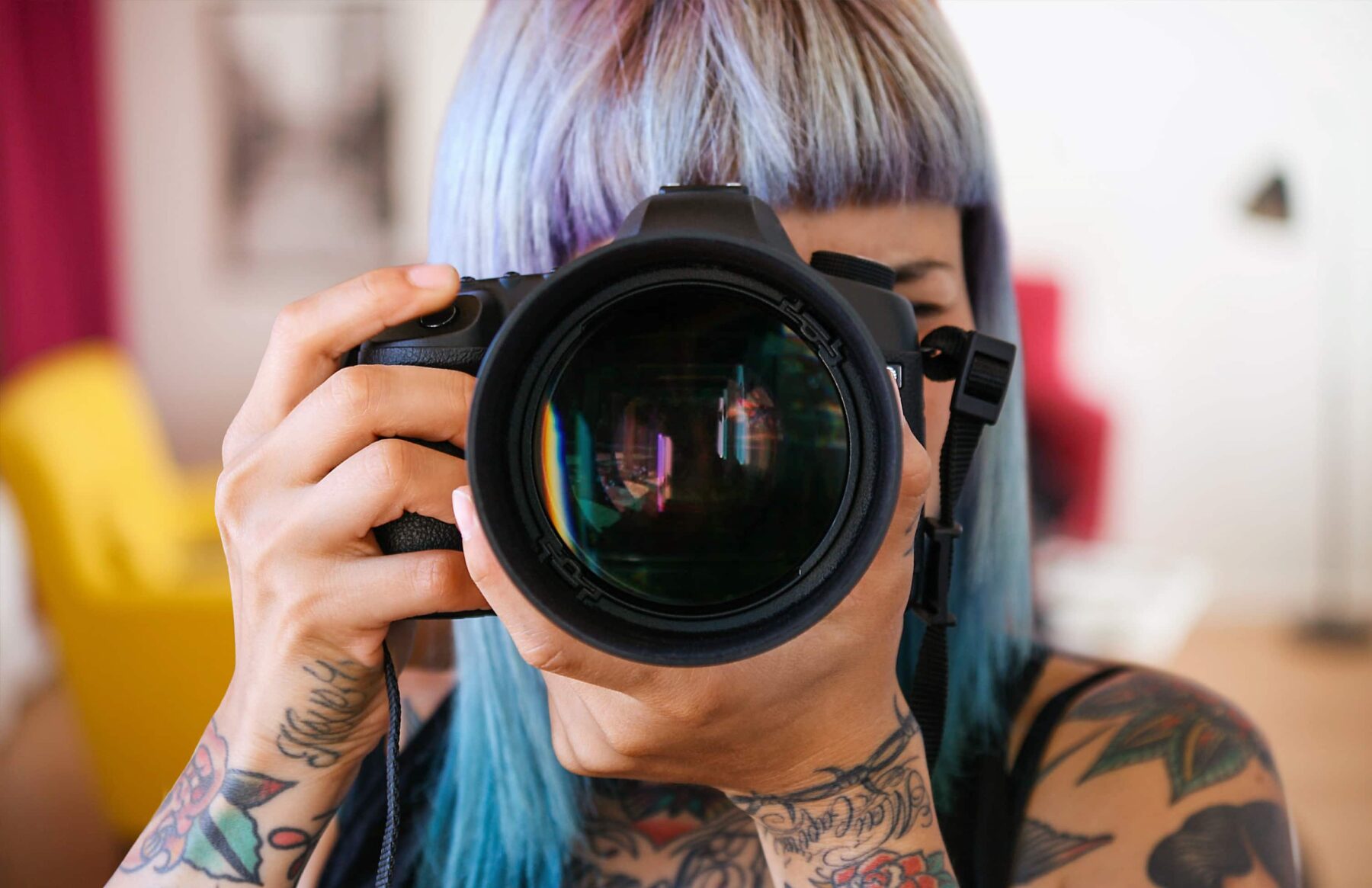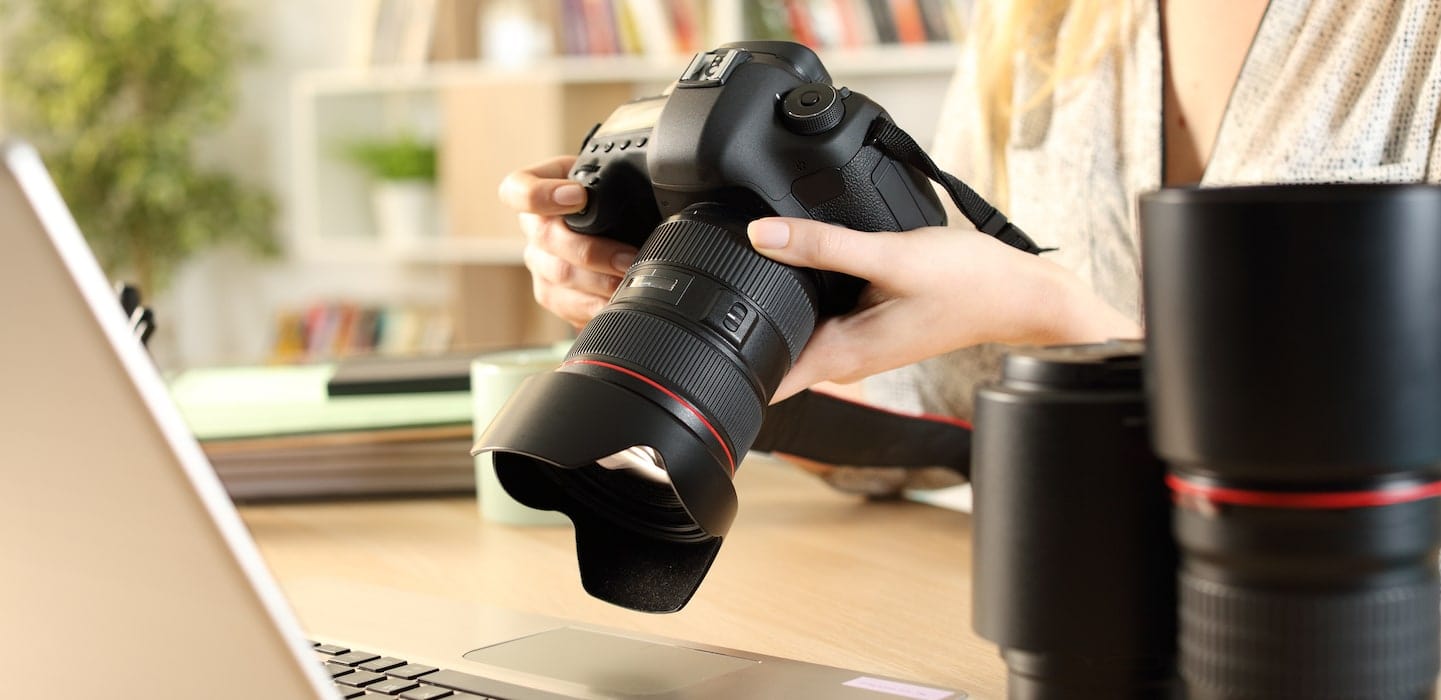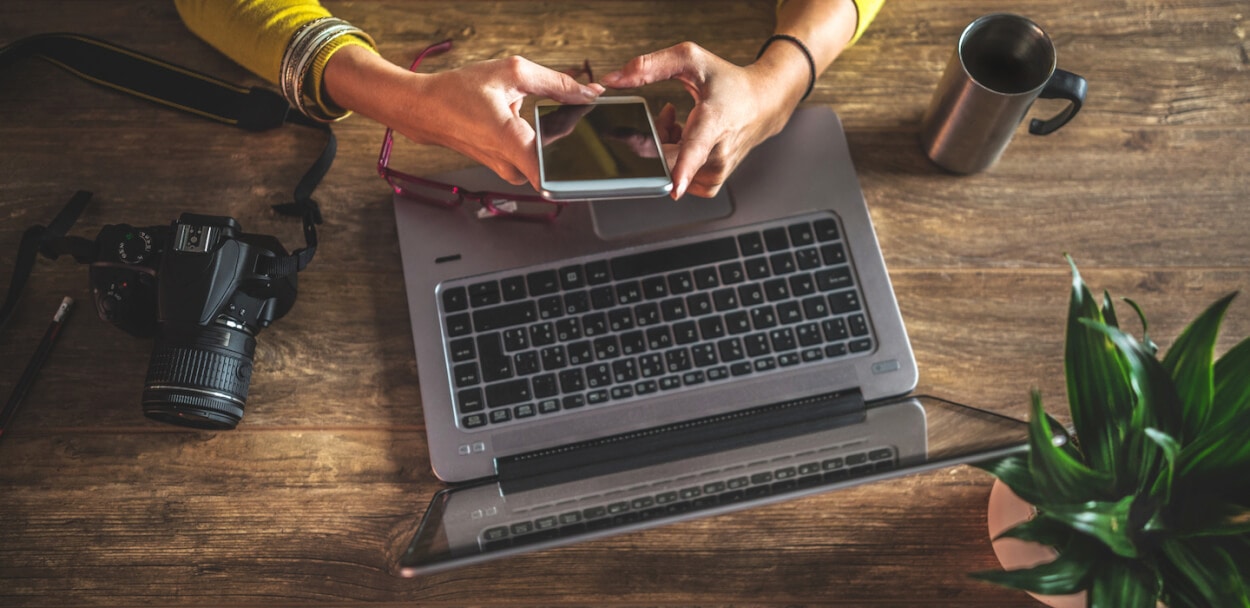As a photographer, most people are happy for you to take their photo, whether it’s your clients posing for their engagement photos or your best friend getting a few free headshots for their website. It may not have occurred to you that if you suddenly stop on the street to photograph a joyful-looking man under a blooming cherry tree, he might end up suing you.
How would that happen? If you fail to ask a subject to sign a photo release form, there are some circumstances under which you could end up in hot water with the law. Want to learn when and why you need a photo release form?
Great. Let’s get started.
What is a photo release form?
A photo release form is a legal document that grants permission for a photographer to publish a photograph.1 However, this short definition leaves a few things unclear: when in particular do you need permission to photograph? And what counts as publishing?
If you’re a professional photographer, makeup artist, interior designer, or any other professional who documents their work with a camera, it’s important to know that you need release forms in any circumstances where your subject has a reasonable expectation of privacy.
Lending to enforced privacy laws, release forms should always be brought to a photo shoot. A photo release form secures your client’s explicit permission for you to publish a photograph of them or their property. Publishing could mean: Including a photo in a gallery or museum exhibition Printing the photo in a newspaper or magazine Posting the image on social media The terms on a release form can vary. You can design a specific media release form that allows you to publish the photos at any time, for any purpose. Even if some clients may not want their likeness all over your social media, they may be willing to let you use photographs of them in specific circumstances, like in an art book. In a professional context, a photography release form protects both parties. They guarantee that a photographer won’t use a client’s likeness without their consent. What’s more, the client can’t use the photographer’s work for commercial gain without their permission, either.
Release forms for both people and property
It’s worth underlining that release forms aren’t only necessary with human subjects.
If you’re a photographer at a maternity shoot, you definitely need your client’s permission to post your photos to your Facebook. She has a reasonable expectation of privacy, and you wouldn’t violate that by posting her likeness without her permission.
Likewise, if you’re a construction contractor taking photos of a happy client’s remodeled kitchen, you may need a release form, too. The photos were taken on private property, where your client had a reasonable expectation that her home would stay private (unless she gives you explicit permission in her release).
A reasonable expectation of privacy
Let’s go back to the example in the beginning: you’ve taken a picture of a person underneath a cherry tree. How could this turn into a legal matter where he ends up suing you?
As we now know, people in private photo shoots have a reasonable expectation of privacy. The same is not true for people in public places: once you’re out in public, you’ve ceded your reasonable expectation of privacy.2 That means that you can take photos of anyone you want at the park, on the street, and at the beach without giving them a photo release form (although it might be considered rude).
When you take pictures of people in public places, you’re free to do both of the following, with or without their consent:
- Sell the photos to a newspaper
- Sell the photos as fine art
However, you cannot use the photos to promote yourself.
If you post the photo of the man underneath the cherry tree to your photography business’ Instagram page, which is full of information about your rates and services, you’re effectively using his likeness to promote your own services. If the individual’s face is visible and it’s clearly him, that’s a big no-no.
Using photography for commercial purposes
Wait, you might be asking: why is it okay to sell someone’s photo to a newspaper, but sketchy to post on a social media account?
The answer is complex. As an artist, you have First Amendment rights:
- If you sell a photo to a newspaper, it’s by definition ‘newsworthy.’
- If you sell it as fine art, you’re making a profit, thanks to protected artistic expression.
- However, the man under the cherry tree has rights, too: the right not to have his name or likeness used for commercial purposes.3
Even though he was photographed in public, he did not consent to have his face used to promote your page. While you may not make any money directly from that Instagram post, it’s still being used to promote a product: you as the owner and your photography.
Protect your business
You may be thinking that release forms are a complex subject. The best advice is that, when in doubt, you should use a photo release form.
At the same time, it’s worth taking a further step to protect yourself. After all, a photo release form doesn’t solve every legal problem a photographer might encounter. Say you’ve been hired by a new salon to shoot headshots for all of their employees. You decide to perform the shoot on film to capture the salon’s mood. Should your work in the dark room delay the deliverable, which causes a delay in the company’s launch and results in a financial loss, you could be held liable.
Protect your photography business from liability with Thimble. With us, it’s easier than ever to get photography insurance. Best of all, with Thimble you only pay for insurance when you’re working so you can focus on growing your business. All you need is your ZIP code, crew size, and a few details about your business, and you can get an insurance quote and get proof of insurance in just 60 seconds.
That’s what Thimble is here for—to protect your business from liability, keep you informed, and give you the resources you need to grow your business.
Sources:








